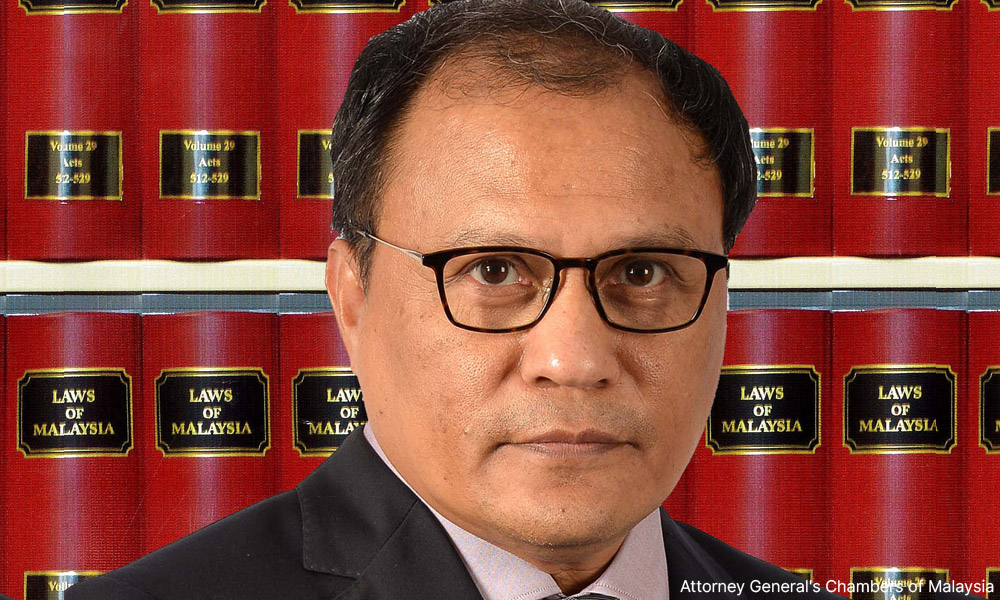The Center to Combat Corruption and Cronyism (C4) has called for the Attorney-General's Chambers (AGC) to provide a full explanation for the withdrawal of all 47 charges against Deputy Prime Minister Ahmad Zahid Hamidi in the Yayasan Akalbudi corruption case.
In addition, the graft watchdog also called for the immediate separation of powers between the attorney-general and public prosecutor to prevent the influence of political considerations in prosecutorial decisions and discretion.
“Given that the justifications provided by deputy public prosecutor Dusuki Mokhtar in court for the application for the discharge not amounting to an acquittal (DNAA) are insufficiently substantiated, the AG must publicly provide a full explanation outlining the grounds supporting the decision.
“If the grounds are indeed too scarce to support the decision, the charges against Zahid ought to be reinstated.
“The AGC must also create a Prosecutorial Code of Conduct to clearly stipulate the principles prosecutors should follow when conducting prosecutions and exercising their discretion to discontinue cases, similar to the UK’s Code for Crown Prosecutors,” C4 said in a statement today.
Last night, the AGC said that the DNAA applied by the prosecution and granted by the court to Zahid was based on cogent reasons.

Elaborating, C4 said the explanation given by the DPP to substantiate the DNAA application - that new matters have been raised by Zahid’s letter of representation to the AGC that must be investigated - is insufficient to justify the discontinuance of the prosecution.
“Were the matters raised in these letters of representation not considered or available at the outset of the case? After all, at this stage of the prosecution, it is the role of the defence to raise reasonable doubts in the prosecution’s case.
“If any of these new issues and facts do indeed rebut or explain elements of the prosecution’s evidence, it should then fall upon the court to acquit Zahid on the basis that his guilt has not been proven beyond reasonable doubt,” said C4.
‘Immune to consequences?’
C4 stressed that Zahid’s DNAA also raised questions, given the fact that he’s now a crucial executive member of the government.
“This is a key example of the inherent danger when the offices of the AG and the public prosecutor are not separated, as there is the inevitable possibility that decisions regarding prosecutions of key political figures may be made upon considerations aside from the demands of justice."
C4 further asked for clarification on who exactly was responsible for the DNAA application in Zahid’s case as the then attorney-general Idrus Harun had gone on leave, and the current Solicitor-General Ahmad Terrirudin Mohd Salleh is acting as the public prosecutor until the beginning of his term today.
“We maintain that a decision of this magnitude should not have been made during an interim period in the AG/public prosecutor office, as it leads to speculation about who exactly is responsible for deciding to apply for a DNAA in this case.”
Zahid’s DNAA, C4 said, may make it seem that certain individuals are immune from the consequences of their actions due to their “perceived importance”.
“Does this mean that one might be absolved of previous instances of corruption and abuse of power if they opt to align themselves with ‘the correct people’, and if so, will this not lead to a culture of impunity within the upper echelons of national leadership?
“Is the continued presence of a single individual tainted with allegations of corruption within the current administration important enough to override basic principles of fairness and justice?” the watchdog asked. - Mkini




No comments:
Post a Comment
Note: Only a member of this blog may post a comment.